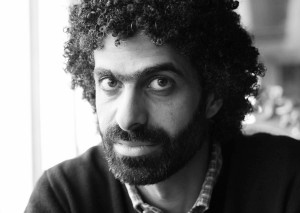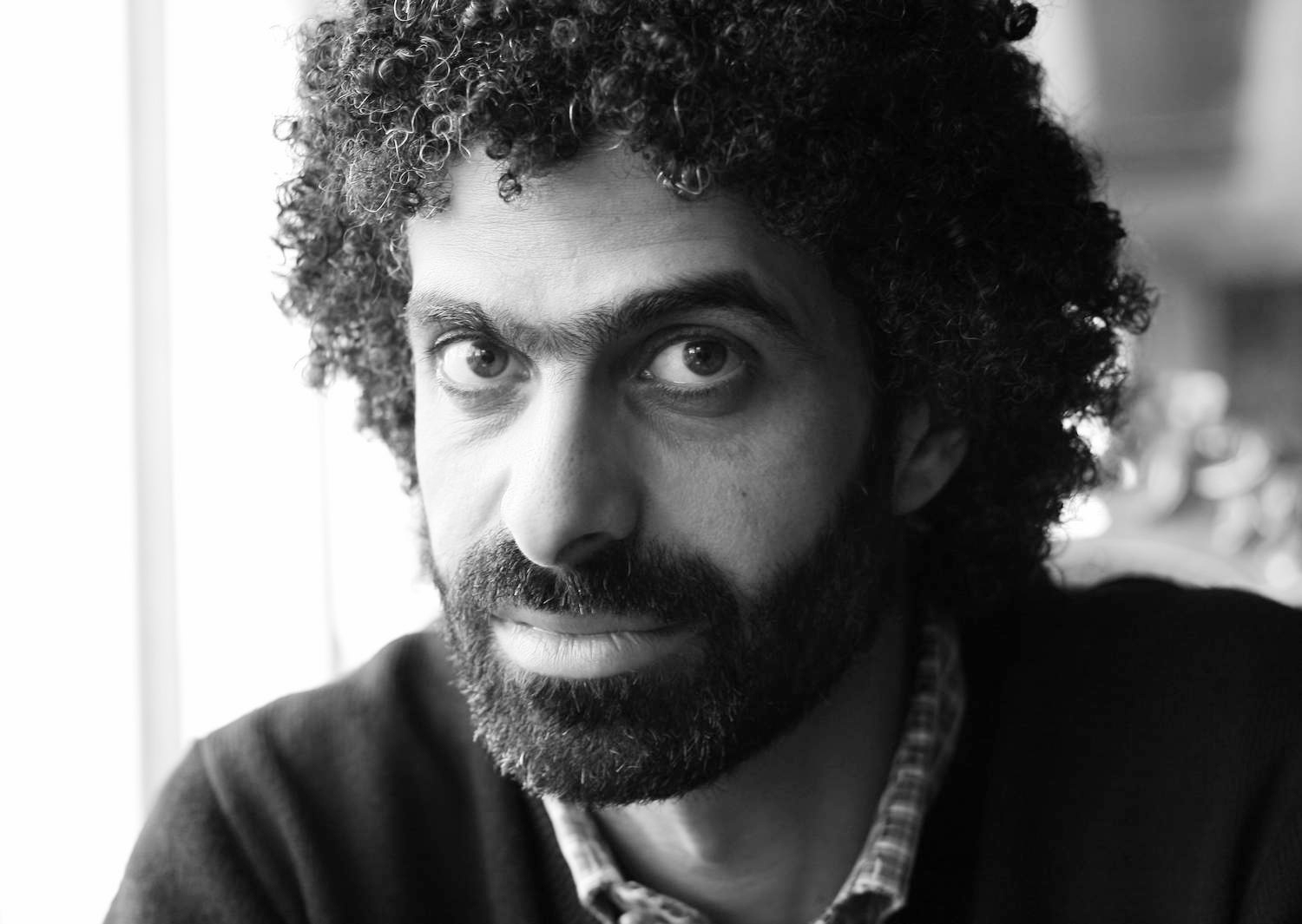
How many times did we hear the term “good Muslim” either within the Muslim communities or others in Europe? I assume many. But have we ever thought of the scale of differences and miscommunication due to the misuse of this label?
To start with, being a good Muslim is nothing but a myth, which applies to any other faith as well. I believe giving such a label either by Muslims or non-Muslims to rate a person’s faith is like absurdly trying to measure rain intensity while doing scuba diving.
In this argument we have to make clear that this article is more or less focused on Arab communities, since I believe other Muslim European communities have fewer coexistence problems, or maybe different ones like those of Pakistani, Indian or African origins, who are always labeled as ethnic groups more than a religious group. However, when it comes to Arabs, religion is exceptionally seen first by the eyes of other Europeans, as if Arabs with faiths other than Islam do not exist. It also excludes those engaging or agreeing with the ones involved in violence by the name of Islam, who are condemned by the majority of Muslims, despite the media attention they get.
It is relatively common for an average European who happens to be a Muslim Arab to be given this comment by a non-Muslim European friend:
“Oh, I didn’t know you pray! Interesting!”
Such a comment of surprise, which is always followed by an awkward silence and a diplomatic smile, usually marks a beginning of a distance between two European-like friends that would probably grow.
It is also common for a Muslim living the average “European life”, while being keen at the same time on practising his or her faith privately without having the appearance of a stereotypical “devoted Muslim” to hear very interesting comments on other Muslims like the following:
“He’s a Muslim [pause] but a good one.”
“She’s a very moderate Muslim, she doesn’t wear the headscarf.”
“I love this guy, although he’s Muslim, we always go drink together.”
“I don’t know what happened to her; all of a sudden she’s about Halal food.”
“I love this Muslim dude, we always do crazy stuff together.”
“I’m very proud of her. Although she’s Muslim, she lives with her boyfriend.”
The above sample comments are not necessarily negative ones, I would even say they are positive and caring. On the contrary, I know the majority of Muslims would just simply look at these comments from the perspective of violating basic teachings of Islam, as these practices that are seen by many non-Muslim Europeans as signs of moderation and liberty, are actually seen by Muslims as sins.
We should pay attention that these comments are made by those who would not mind mixing and sharing the average daily life that they know of with other citizens that happen to be Muslims. It should actually be seen as intentionally good. And by the way, they are not a majority and it is not that easy on them too. So, give them a break.
However, having said this, I would also argue that these caring (and I insist caring) comments are considered to be a symptom of a very dangerous misunderstanding and miscommunication between white Europeans and others they have to share the continent with. Obviously, in order to be a “good European” citizen with non-European origins, you have to abide by the unwritten code and behave as culturally Western as possible in order to be rated “good” and get the social acceptance. Politicians call it integration, but it is nothing but assimilation to something that basically dynamically changes. It is asking for the impossible.
It is not a crime, in my opinion, because simply this is what the average white European citizen knows. This is the mainstream culture that has prevailed (with much evolution) in the past couple of centuries. However, I consider it a future threat (if not present yet), since Europe is not anymore only white or exclusively Christian. Europe had the ambition to grow and develop over the shoulders of other nations and by taking advantage of their natural wealth – once through colonising non-white non-Christian nations overseas, and later, through importing cheap labour.
Above all, and given the number of abandoned churches and the significant growth of agnosticism, Europe is no longer Christian. It might be barely culturally Christian, which would also change in the far future since culture is a dynamic concept.
Having a look back at the comments mentioned and the whole idea of being a “good Muslim” is very problematic and misleading regarding where Europe’s social peace is heading, as being a “good Muslim” for a stereotypical European is totally different from being a “good Muslim” for Muslims themselves.
This is a fact that makes many in the Muslim European communities, who cannot easily match the European stereotypical norms by drinking alcohol (as an example of many), stick to their communities and mix with others only at necessity. And this will definitely harm the concept of coexistence, which is essential to social peace and deceptively will make advocates of coexistence from the non-Muslim side communicate with non-representatives.
I believe in order for Europe to maintain the relative peace and the relative cultural diversity it enjoys in comparison to other parts of the world, Europeans might need to admit that their continent is no longer exclusively white Christian and it is impossible to stop the ongoing change from happening. They have to find ways to peacefully live through this unavoidable change.
On the other hand, for Muslim Arabs who isolate themselves whether voluntarily or socially enforced, Europe is not a part of the Middle East and definitely not culturally Arab or Muslim. Isolation and self-preservation tendencies lead to nothing but cultural stagnation, while the way forward for human development is always on the side of those who are dynamic.




